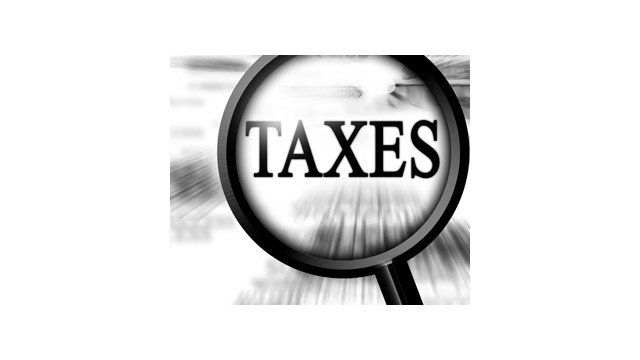The American Institute of CPAs (AICPA) submitted a letter to the House Ways and Means Committee and Senate Finance Committee requesting immediate consideration of the treatment of section 174 research and experimental expenditures, as well as numerous expired tax provisions.
Specifically, the AICPA supports the deferral of the Internal Revenue Code (IRC) section 174 amortization requirement of the research and experimental expenditures and requests that Congress retroactively extend the effective date to amounts paid or incurred in tax years beginning after December 31, 2025.
This retroactive extension will allow businesses to continue expensing research and development costs for an additional four years, which will simplify tax compliance and minimize confusion related to identifying costs that should be capitalized rather than expensed. To further simplify the tax code, the AICPA recommends permanent allowance of expensing for section 174 expenditures.
In its letter to the leadership of the tax writing committees, the AICPA notes that there has been uncertainty and confusion surrounding tax extenders in the last several years. “While some measures, such as those designed for economic stimulus, are appropriate for temporary and sporadic use, longstanding, continually renewed, temporary tax provisions, including many incentive provisions, have become far too common,” the group says in the letter.
“We urge Congress to ease the confusion and stress by immediately extending the expensing provision related to section 174 and consider the other tax provisions that have recently expired or will expire in 2023,” said AICPA President & CEO Barry Melancon, CPA, CGMA. “It is challenging for businesses and their advisors to remain in constant compliance with tax rules when they are continually changing. Additionally, these perpetual changes have become an added financial burden for taxpayers, tax professionals, the IRS, and tax software vendors, resulting in significant cost to retroactively modify accounting and tax software, tax forms and instructions.”
Thanks for reading CPA Practice Advisor!
Subscribe Already registered? Log In
Need more information? Read the FAQs
Tags: Accounting, IRS, Taxes




